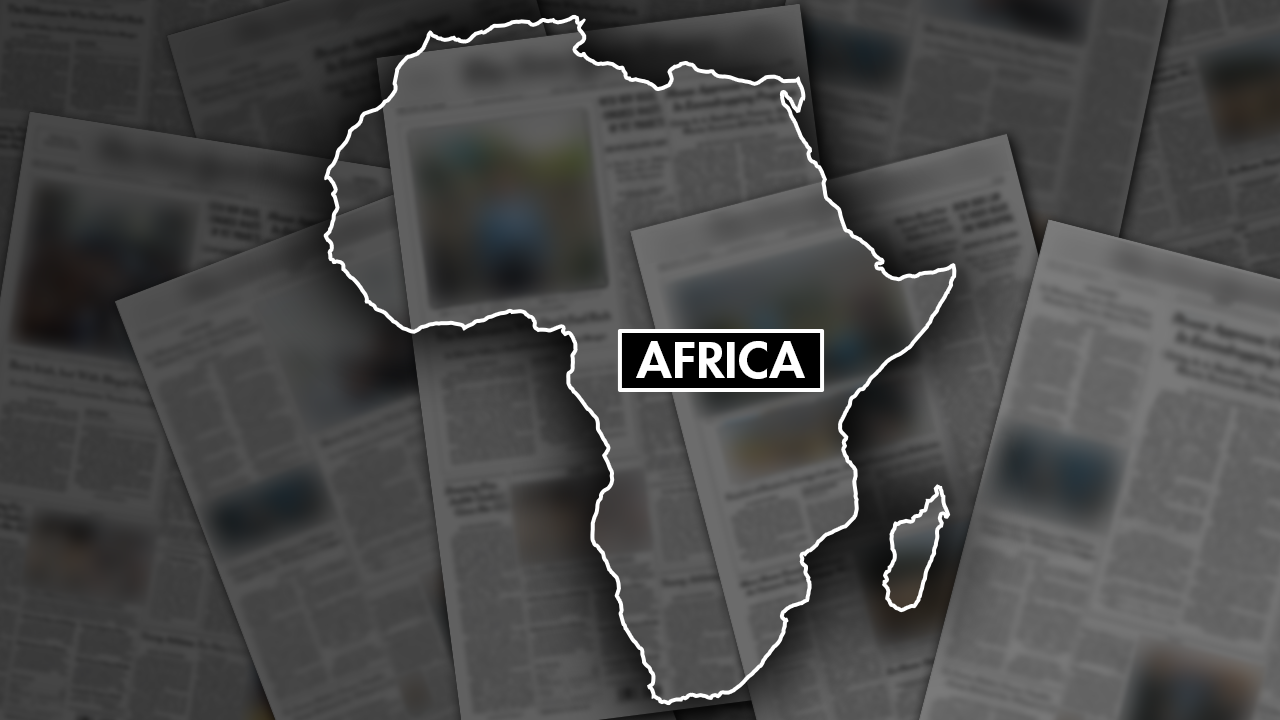West Africa has experienced an alarming rise in terrorist attacks, with more than 1,800 incidents resulting in nearly 4,600 deaths during the first half of this year. The economic impact of this insecurity has led to half a million refugees and almost 6.2 million internally displaced people within the 15-nation Economic Community of West African States (ECOWAS). ECOWAS estimates that 30 million people need food assistance, a number that could reach 42 million by next month without international intervention.
Omar Touray, President of the ECOWAS Commission, addressed the U.N. Security Council and described the dire consequences of insecurity in the region. He highlighted terrorism, armed rebellion, organized crime, unconstitutional changes of government, illegal maritime activities, environmental crises, and fake news as key drivers of insecurity. Touray expressed concern about the resurgence of military rule in three countries – Mali, Burkina Faso, and Guinea – and emphasized that the reversal of democratic gains is occurring alongside the ongoing insecurity that continues to inflict suffering on millions of people.
Touray provided specific figures on the casualties of terrorist attacks, with Burkina Faso, Mali, Niger, and Nigeria being hit the hardest. He also noted the expansion of terrorism to littoral states such as Benin and Togo, which have coastlines on the Atlantic Ocean. In response to the ongoing insecurity, ECOWAS has initiated multiple efforts to tackle terrorism and insecurity, but Touray emphasized the need for better coordination and the integration of these initiatives into a comprehensive regional plan of action.
Furthermore, Touray shared the proposals made by ECOWAS military chiefs of staff to strengthen a regional standby force in the fight against terrorism and threats to constitutional order. These proposals include establishing a 5,000-strong brigade at an annual cost of $2.3 billion or deploying troops on demand at an annual cost of $360 million. Touray also echoed the African Union’s request for African peace operations to receive funding from the U.N. regular budget.
In light of recent developments, such as Mali’s demand for the U.N. peacekeeping force to leave and the Security Council’s decision to end the mission, Touray stated that an extraordinary session on peace and security will be convened by the end of August. Benin’s president will also visit Mali, Burkina Faso, and Guinea to advocate for a swift return to constitutional order.
Leonardo Santos Simão, the new head of the U.N. office for West Africa, briefed the Security Council on the deteriorating security situation in the central Sahel region. He emphasized the multiple attacks against civilians and defense and security forces, as well as the threat of insecurity spreading southward.
U.S. deputy ambassador Robert Wood expressed grave concern over democratic backsliding and the spread of instability in coastal West Africa. He also accused Russia’s Wagner Group of committing human rights abuses and endangering the safety of civilians, peacekeepers, and U.N. personnel.
In response, Russia’s deputy ambassador Anna Evstigneeva acknowledged the difficult security situation in West Africa and the Sahel. She highlighted the increased activity of fighters from the Islamic State extremist group, subversive activities by Boko Haram, and the expansion of terrorist activity to coastal West African countries.
Overall, West Africa and the Sahel region continue to face significant security challenges, requiring robust international support and coordination to effectively address terrorism and insecurity.
Denial of responsibility! VigourTimes is an automatic aggregator of Global media. In each content, the hyperlink to the primary source is specified. All trademarks belong to their rightful owners, and all materials to their authors. For any complaint, please reach us at – [email protected]. We will take necessary action within 24 hours.


